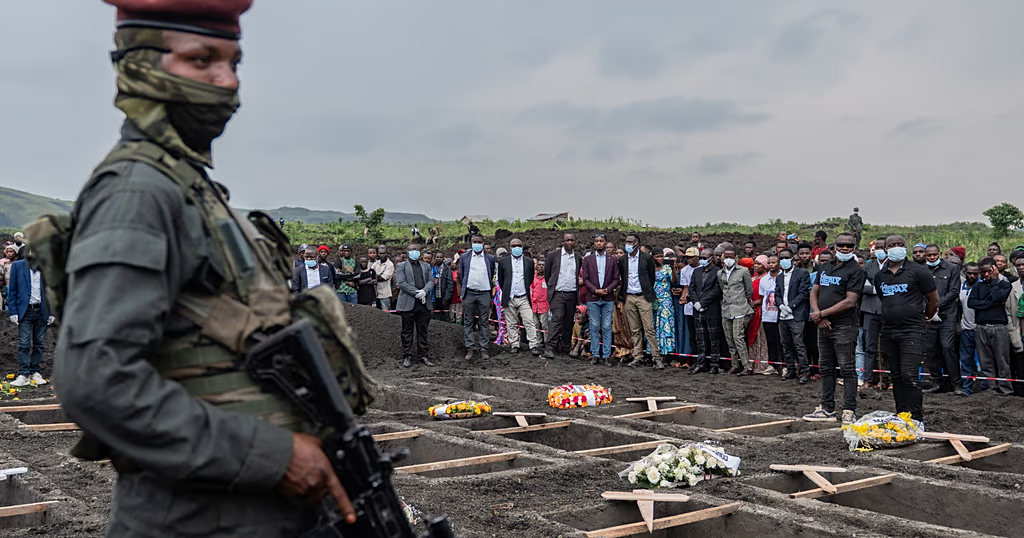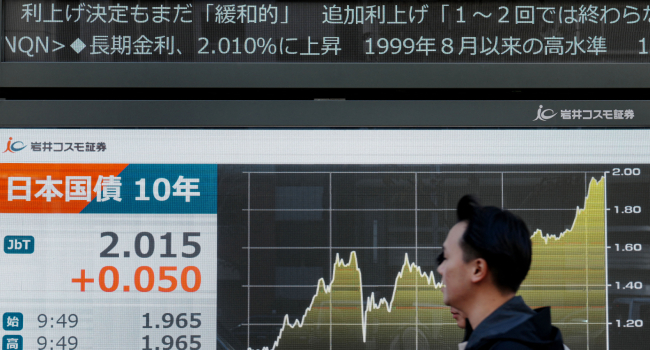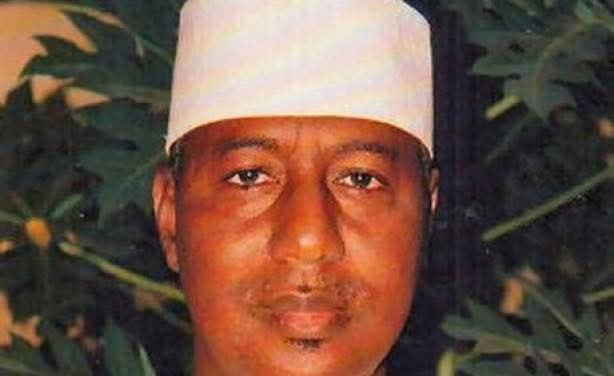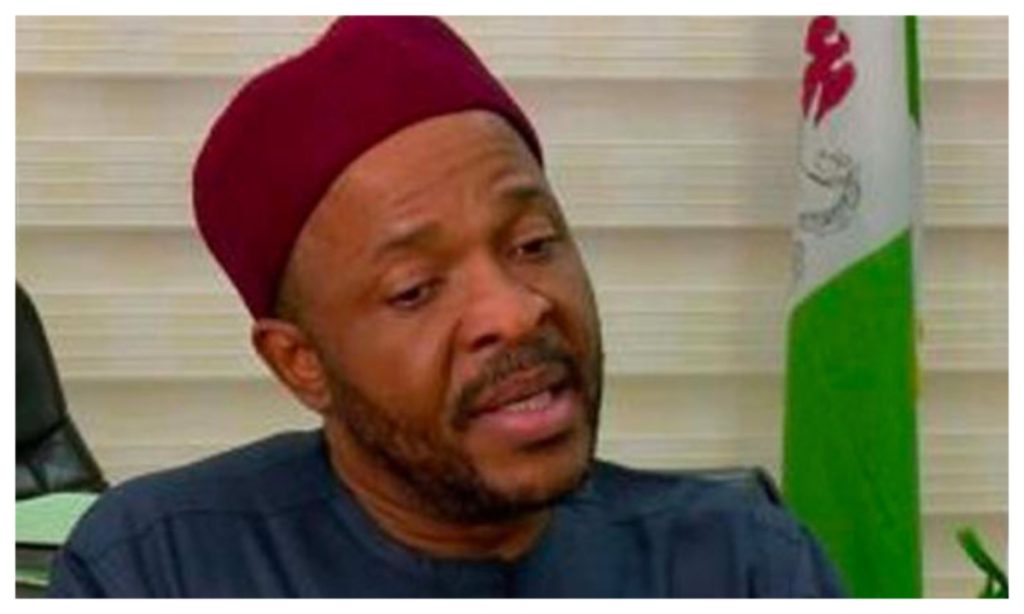Fuel shortages are gripping Mali’s capital, Bamako, as militants from Jama’at Nusrat al-Islam wal-Muslimin (JNIM) continue to blockade fuel tankers. The group, affiliated with al-Qaida, declared the blockade in early September, and its effects are being deeply felt by residents. Long lines have formed in front of gas stations, with commuters desperate to find fuel for their daily needs.
The blockade has resulted in a scarcity of fuel, with only a few stations having supplies. Bakary Coulibaly, a gas reseller, stated that it is challenging to find gas, and the situation is becoming increasingly dire. Motorcycles and cars are crowding around the few operational gas stations, leading to arguments and fights over access.
The crisis is affecting various aspects of life in Bamako, including the livelihoods of people like Douga Barry, who drives motorcycle taxis for a living. Despite the challenges, Barry expressed determination to help the country navigate the crisis, saying, “We know we are at war, whatever the situation, and we are ready to take it on.”
Mali, one of Africa’s top gold producers, is ranked the sixth least developed nation globally, with nearly half its population living below the national poverty line. The blockade poses significant risks to the fragile local economy and is a setback for the military junta, which took power in 2021 promising to improve security. Instead, attacks from militants linked to al-Qaida and the Islamic State group have intensified in recent months.
JNIM is one of several armed groups operating in the Sahel, a vast strip of semi-arid desert stretching from North Africa to West Africa, where an insurgency is spreading rapidly. The Malian Petroleum Importers Association reported that over 100 tanker trucks have been burned and destroyed by JNIM fighters. In response, the Malian army has started escorting some truck convoys on the roads between Bamako and the borders with Senegal and Ivory Coast.
The army recently destroyed the hideouts of JNIM fighters responsible for a attack on a tanker convoy near the border with Ivory Coast. As the situation continues to unfold, the impact of the blockade on the local economy and residents’ lives remains a pressing concern. The Malian government and international community will need to work together to find a solution to the crisis and ensure the stability of the region.



